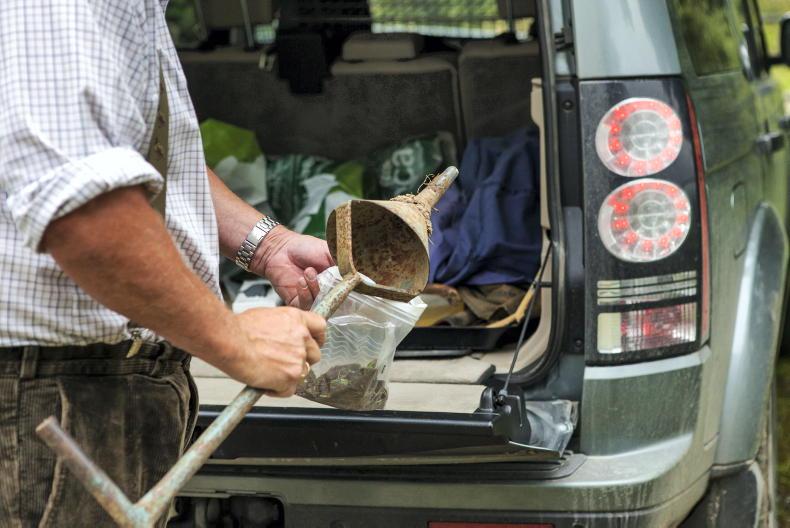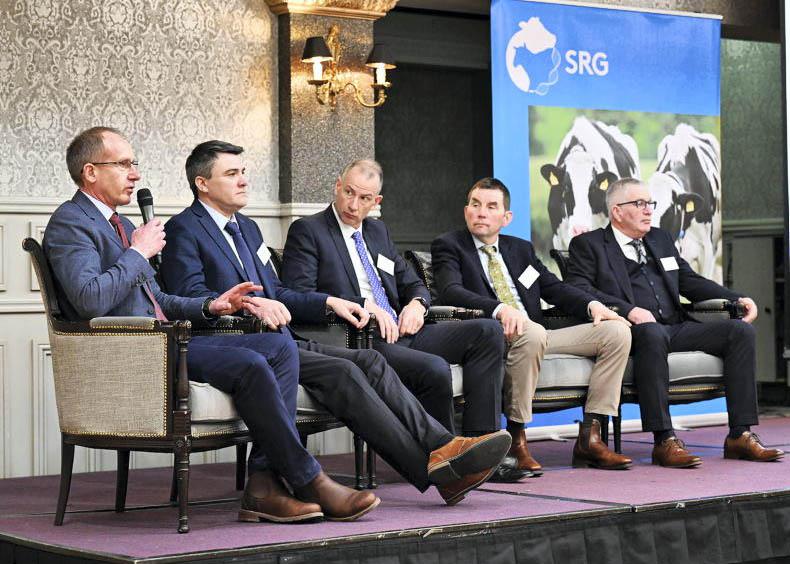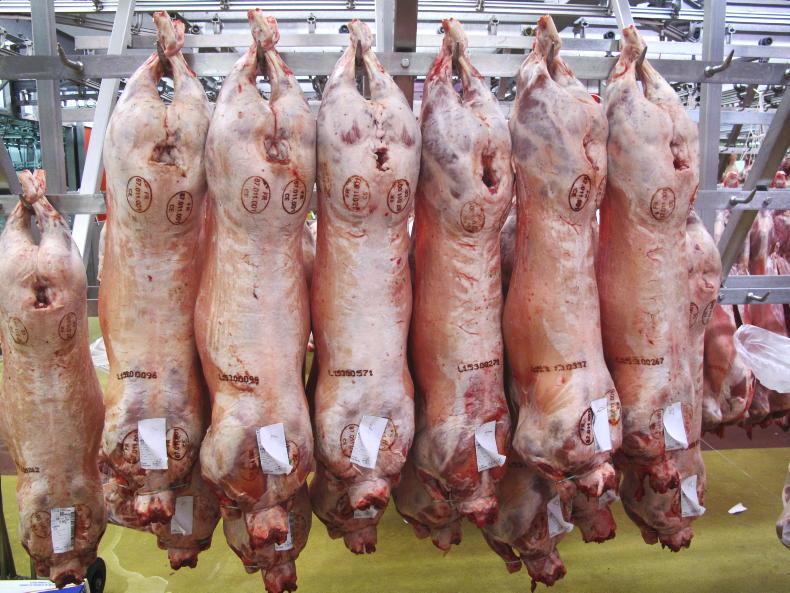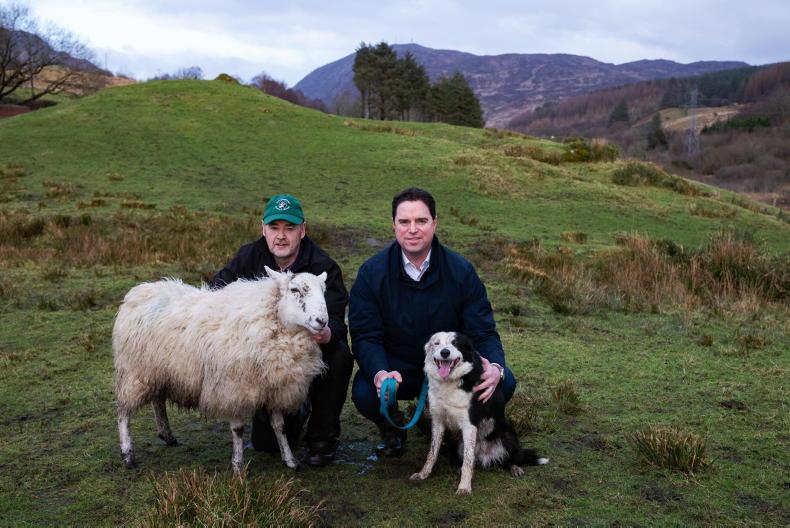A local vet has warned of potential “catastrophic consequences” for commercial sheep farmers if DAERA follows through on plans to end a Maedi Visna (MV) surveillance programme in NI.
Cormac White, a vet with Jubilee Veterinary Centre in Newtownards, recently returned to NI having spent eight years working in a practice that covered Somerset and east Devon.
During his time in England, Cormac specialised in small ruminants and has also developed his own consultancy business (Future Farming Consultancy), so is well placed to comment on the MV situation developing across the Irish Sea.
“We have got to be thinking about how we keep MV out. If we stop our surveillance programme it is akin to spending your life savings on building a house, only to decide to knock it down,” he told the Irish Farmers Journal.
He describes MV as an “insidious disease” given it has “very vague clinical signs”. Sheep might be infected when young, but clinical signs, such as respiratory issues and mastitis, might not normally be seen until animals are at least three years old.
“In 90 to 95% of cases where we identified MV, the farmer was unware of the disease. But when I looked at the.performance figures on the farm over the last few years, I could see the trend,” said Cormac.
Typically, it starts out with a couple of thin ewes in the first year, which are culled. The following year, there are a few more thin sheep (farmers often think liver fluke is to blame). Scanning percentages drop a few points. The disease develops to a point where the vet is called and a screening test for MV is done on around 12 thin ewes.
Getting worse
“MV has got considerably worse in Britain over the last 18 to 24 months. We were seeing 50% of screening tests coming back with at least one case. That one case is just the tip of the iceberg,” said Cormac.
Once MV was confirmed, the numbers of sheep actually infected within the flocks ranged from 5% to 75%, with a total flock cull of 700 ewes having to be undertaken in one instance.
Options
Farmers with MV in their flocks have two main options – either move to outdoor lambing in an attempt to reduce sheep-to-sheep contact or embark on a test-and-cull strategy.
“Outdoor lambing is a feasible thing to do in southern England, but not as feasible in the Glens of Antrim. If MV takes hold in NI, our only real option is test and cull, but that requires repeated blood tests and soaks up a lot of vet time. It is not cheap,” Cormac warned.
He said one of his clients in England had tried to manage the disease by simply removing any thin sheep from their lowland flock. However, it didn’t work and the farm had 20% of ewes empty this year, with the remainder lambing down at just 145%.
Another had an outbreak of orf on the teats of ewes, which was due to lambs over-sucking their mothers, breaking the skin and allowing orf to take hold. The underlying issue was mastitis in ewes due to MV.
“There was as many as 150 ewes with orf in that flock. MV can lead to a lot of other problems,” said Cormac.
“I have seen some catastrophic events caused by MV. If it’s on your farm, serious intervention is required – it’s not like you can buy a vaccine in the vets,” he added.
High-value pedigree flocks in MV scheme
Britain is not MV-free, so if pedigree breeders want to sell their stock to MV-free countries or participate in certain shows and sales, they must join an accreditation scheme.
The main scheme is the Premium Sheep and Goat Health Scheme run by Scotland’s Rural College (SRUC). It comes with an annual membership fee and requires regular blood testing to maintain accredited status.
“In Britain, the only farmers engaging with MV schemes are those with high value pedigree flocks.
“The rest of the breeders don’t see the investment as worthwhile, while the commercial farmers are generally not aware at all,” maintained Cormac White.
All-island plan required for MV
Cormac is convinced that the best approach is to retain the DAERA surveillance programme with farmers bringing new genetics in through imported semen and embryos, thus avoiding the import of live sheep.
“It has to be an all-island approach. There has to be a conversation across the island involving farm organisations, research institutions and government. Everyone has to get around the table and come up with a plan to keep MV out,” he said.








SHARING OPTIONS